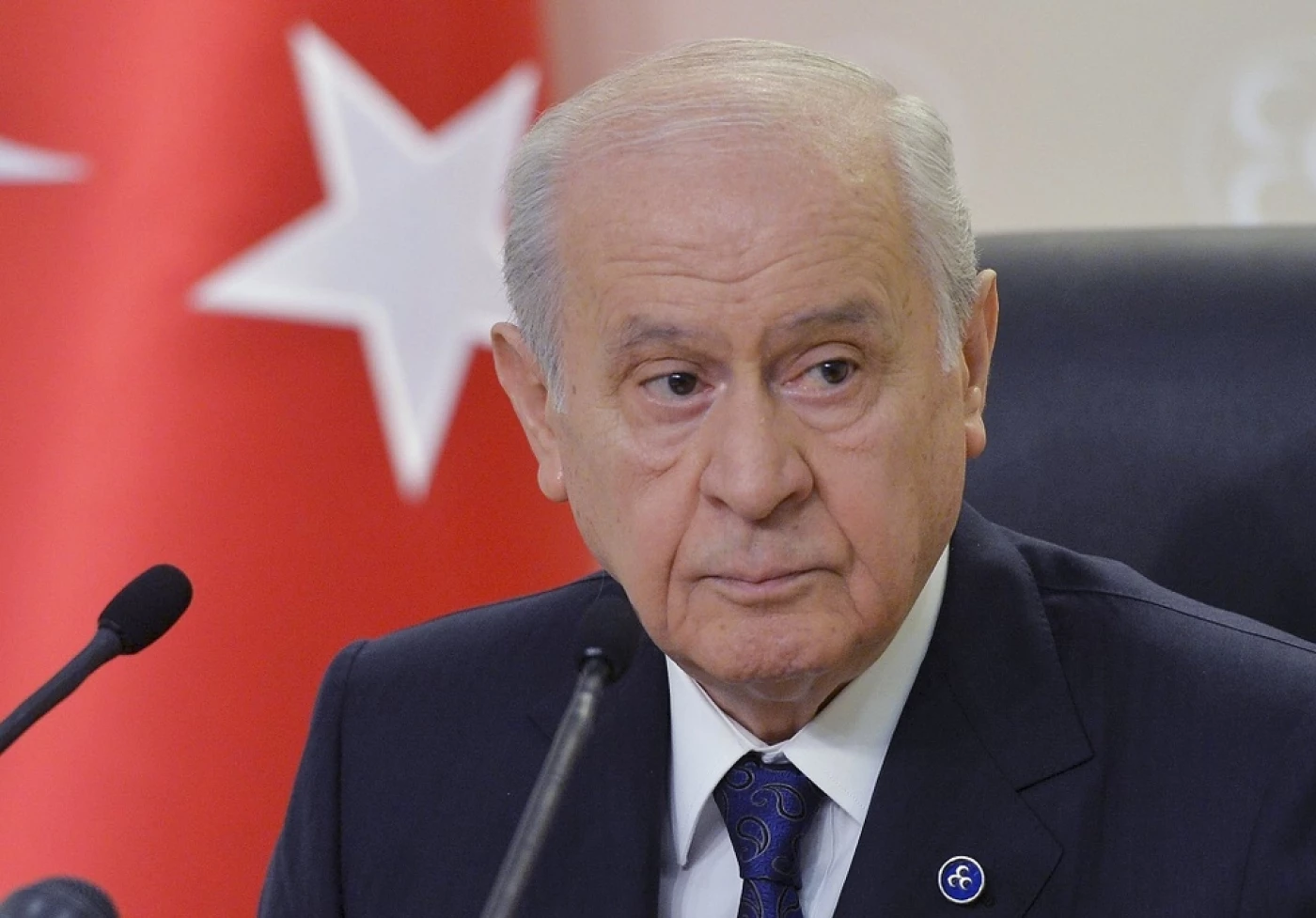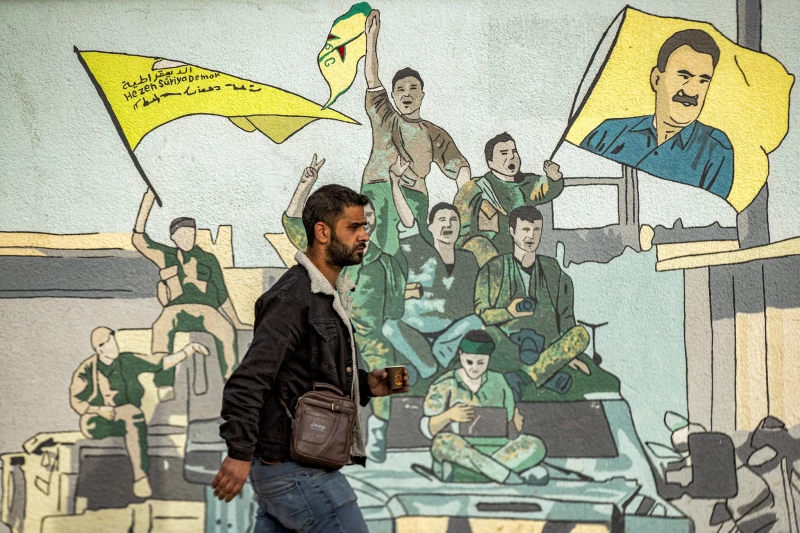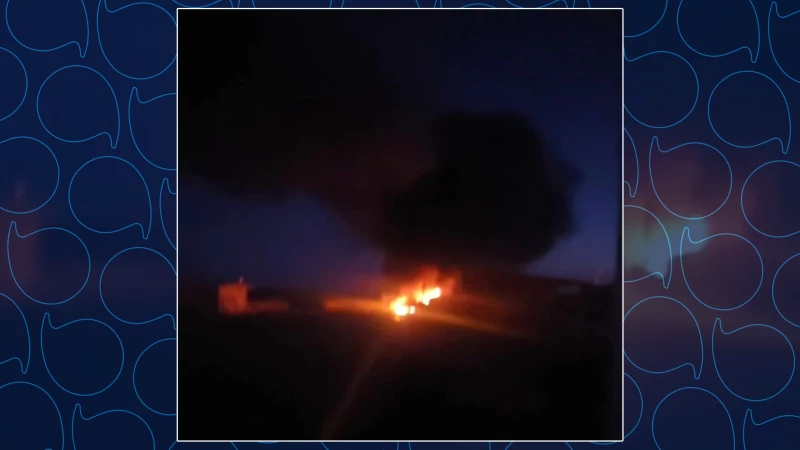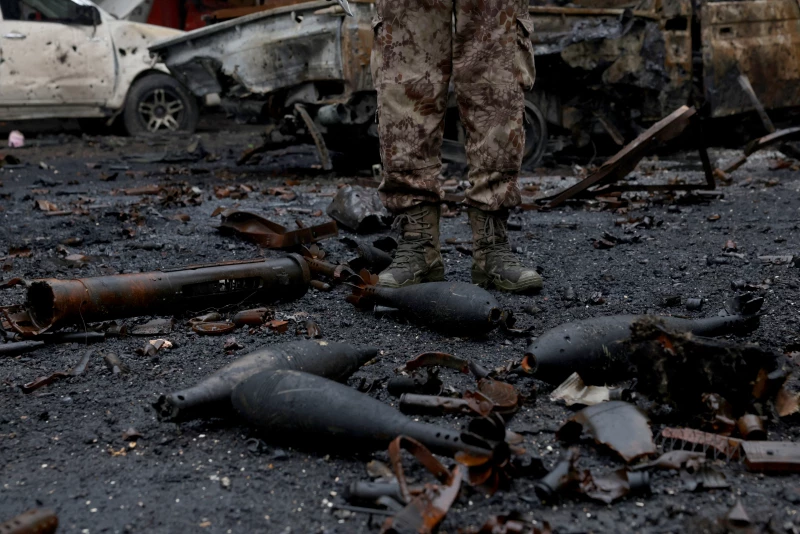ERBIL, Kurdistan Region of Iraq - The leader of Turkey’s far-right Nationalist Movement Party (MHP) on Tuesday urged the Kurdistan Workers’ Party (PKK) to call on Kurdish forces in northeast Syria (Rojava) to lay down arms, suggesting that the Turkish parliament should hold direct talks with jailed PKK leader Abdullah Ocalan on the matter amid clashes in Rojava.
Ultranationalist MHP leader Devlet Bahceli's initiative comes amid escalating clashes in the Kurdish-majority neighborhoods of Aleppo between Syrian government forces and Kurdish internal security forces.
Bahceli called on the PKK to instruct the People’s Protection Units (YPG) affiliates to comply with the March 10 agreement signed with the Damascus administration.
“If necessary, a group of parliamentarians serving on the National Solidarity, Brotherhood and Democracy Commission should go to Imrali to hold face-to-face meetings [with imprisoned PKK leader Abdullah Ocalan]; messages should be received firsthand and shared with the public,” Bahceli said in a speech at his party's meeting.
Bahceli praised the PKK’s role in the ongoing peace process with Ankara, noting the group laid down its arms on May 12, dissolved its organizational structure, and had some members burn weapons on July 11, saying the group “willingly put its hand under the stone.”
“However, the YPG, which has a sphere of influence in northeastern Syria, has not yet laid down its arms and has not complied with the February 27 Imrali Call. Whereas the Imrali call encompasses all components,” Bahceli emphasized.
He said he expects the PKK to directly urge the YPG to comply with the March 10 agreement signed with the Damascus administration that seeks to integrate the Kurdish-led institutions in Rojaca with the Syrian state.
Ankara considers the YPG, the backbone of the Syrian Democratic Forces (SDF), to be offshoot of the PKK, a designated terrorist organization by Turkey and its Western allies. The Kurdish-led groups in Rojava have consistently denied being affiliated with the PKK.
The PKK's disarmament in Turkey came after Ocalan, its leader, in February urged members to end their armed campaign and seek a political path. A special Turkish parliamentary commission has since been formed to draft the legal basis for the peace process.
In late September, Turkey’s main pro-Kurdish party also urged engaging Ocalan as a “chief negotiator” in the peace process.
Bahceli, who first launched the peace initiative in October last year by urging Ocalan to address the Turkish parliament, added that the exclusion of Raqqa, Hasaka, and Suwayda from recent Syrian elections “contradicts the spirit of the March 10 agreement.”



 Facebook
Facebook
 LinkedIn
LinkedIn
 Telegram
Telegram
 X
X


